Born in 1891 into an untouchable family, Dr Bhimrao Ramji Ambedkar was witness to all the decisive phases of India’s freedom movement. While the well-known elite nationalists like Gandhi and Nehru led the struggled for political freedom from British colonial rule, Ambedkar fought a correlated but different struggle, one for the liberation of the most oppressed sections of Indian society. Ambedkar’s nationalism focused on the building of a nation, on the creation of social equality and cultural integration in a society held enslaved for centuries by the unique tyrannies of caste and varna ideologies. His would be an enlightened India based on the values of liberty, equality and fraternity. In this concise biography, Gail Omvedt, a long-time researcher of Dalit politics and culture, presents with empathy Ambedkar’s struggle to become educated, overcome the stigma of untouchability and pursue his higher studies abroad. She portrays how he gradually rose to become a lawyer of international repute, a founder of a new order of Buddhism and a framer of India’s Constitution. Ambedkar: Towards an Enlightened India puts the man and his times in context. Exploring Ambedkar’ various aspects-as scholar, lawyer, economist, religious leader and intellectual –it explains to a new generation of readers how he became a national and Dalit leader and an icon of the dispossessed.
Ambedkar: Towards an Enlightened India
by Gail Omvedt
Out of stock
Out of stock
Free & Quick Delivery Worldwide
All orders amounting to US$ 50 or more qualify for Free Delivery Worldwide. For orders less than US$ 50, we offer Standard Delivery at $14 per book.
ABOUT THE AUTHOR Gail Omvedt
Born in Minneapolis, USA, Gail Omvedt is an Indian citizen. She has an MA and PhD in sociology from the University of California, Berkeley. She has been living in India since 1978, settled in Kasegaon Village in southern Maharashtra, with her husband, Bharat Patankar, and other members of an Indian joint family. She is currently a Senior Fellow at the Nehru Memorial Museum and Library, New Delhi. Among her numerous books focusing on social and economic issues are Buddhism in India: Challenging Brahmanism and Caste (2003), Dalits Visions (1995), Dalits and the Democratic Revolution (1994), Reinventing Revolution: New Social movements and the Socialist Tradition in India (1993) and Cultural Revolt in a Colonial Society: The Non-Brahman Movement in Maharashtra (1966). Of late, she has been involved in translations from the Marathi into English in collaboration with Bharat Patankar. If Gandhi was Bapu, the father of a society in which he tried to inject equality while maintaining the Hindu framework, Ambedkar was Baba to his people and the great liberator from that framework.
reviews
0 in total
Review by Anonymous
Be the first to review “Ambedkar: Towards an Enlightened India” Cancel reply
You must be logged in to post a review.
Bibliographic information
Title
Ambedkar: Towards an Enlightened India
Author
Edition
1st ed.
Publisher
ISBN
0670049913
Length
xvi+167p., 19cm.
Subjects
more by Gail Omvedt see more
similar bookssee more
Tadhkaratul Aulia or Memoirs of Saints
$14.40
$16.00

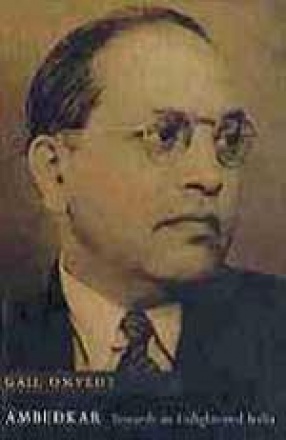
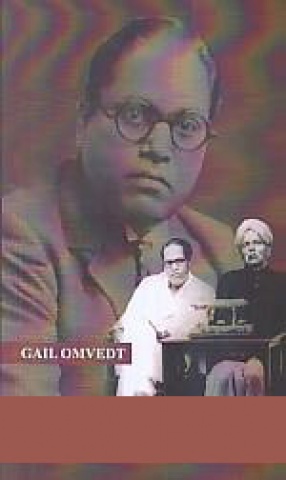
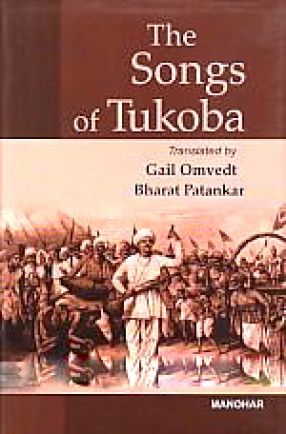
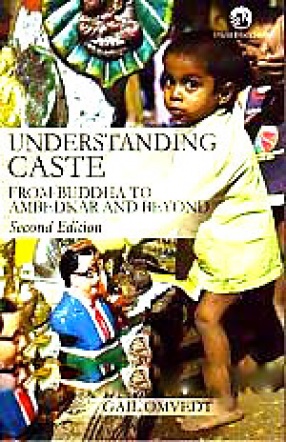
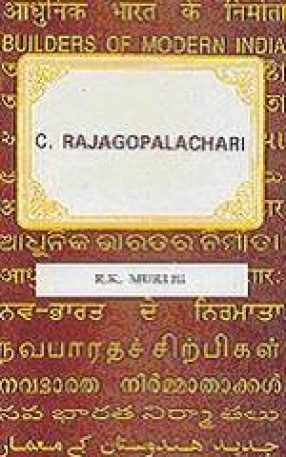
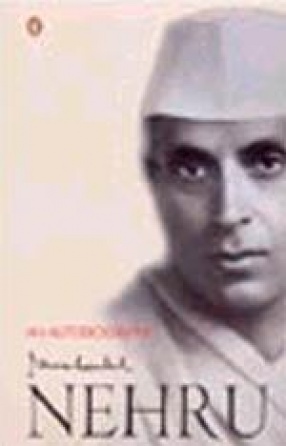
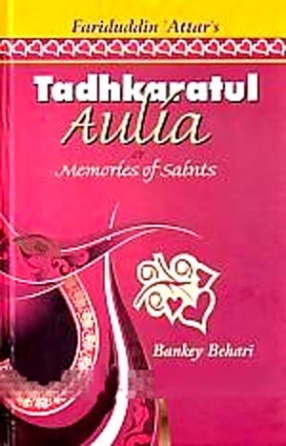
There are no reviews yet.